by Tauhierah Salie
It’s very hard to change the mindsets of people, but the more constant we are in terms of education and awareness; we CAN start changing the mindsets of our communities. And that is why we (are) do things such as community cleanups – Margo Adonis, Visions of Change South Africa
Yes, we also fight with the big companies because of the environmental impact, but we know that we can do small things because small things together can create big changes. If you change nothing, nothing will change – Kim Williams, Visions of Change South Africa, Cape Town Director
In a partnership with Fishrite Hanover Park Cricket Club, driven by Visions of Change South Africa in Cape Town, residents of all ages gathered to fulfil their 67 minutes of giving back this weekend.
They collected several bags filled with lollipop sticks (which, according to their accounts, is probably the most picked up single item), earbud sticks, straws, sweets and chip packets and cigarette butts and boxes.
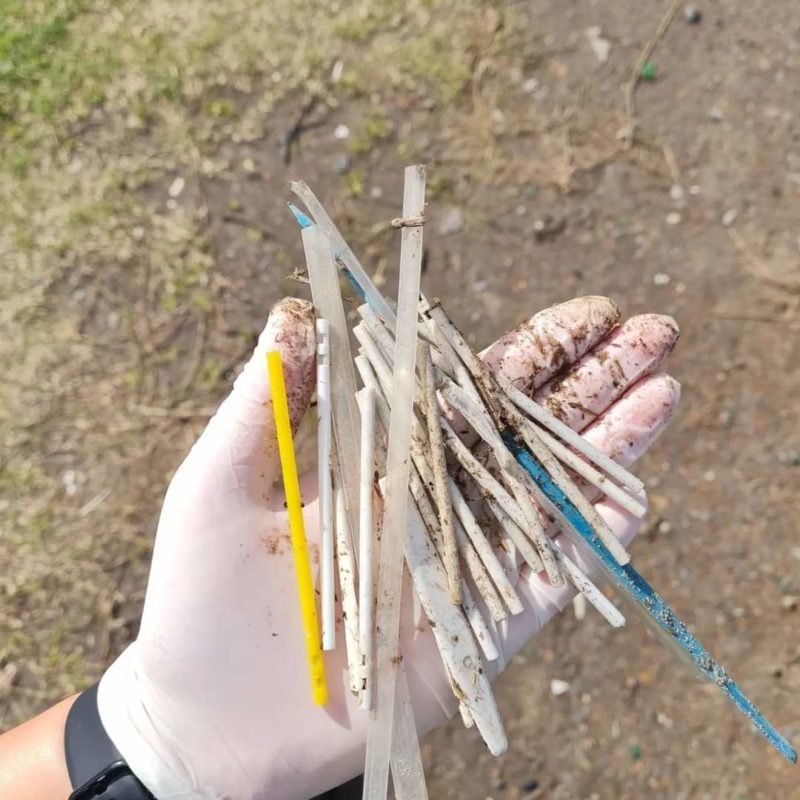
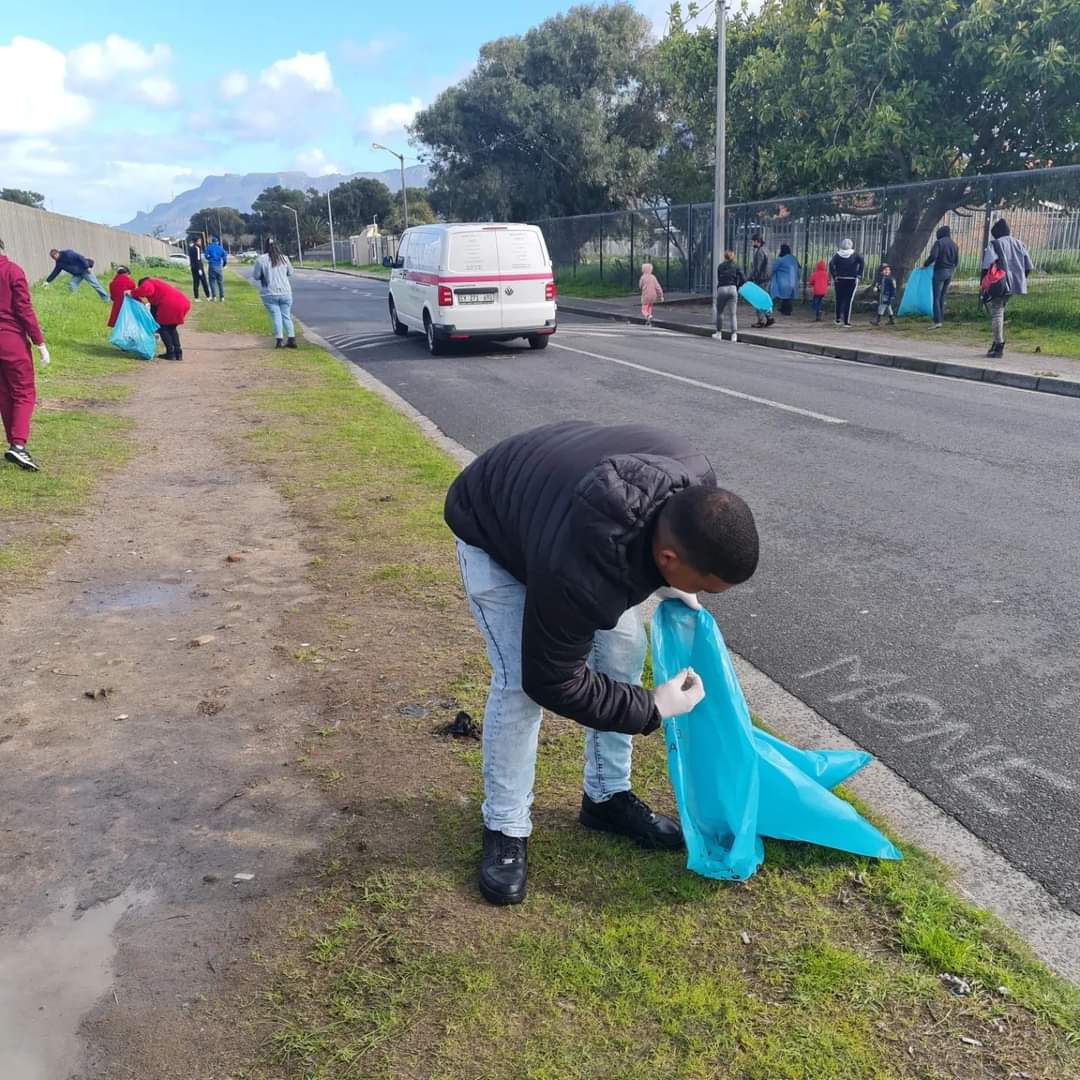
According to Founder and Executive Director Margo Adonis, Visions of Change is a movement started in 2019 with a focus on environmental and social justice. She explained that the organization makes use of environmental campaigns to uphold citizens constitutional human right to “have access to a clean and safe environment. ”
“Our main objective is to ensure that every South African child does in fact have access to a clean and safe environment. We use education and awareness as our main and fundamental tools to get across our message. And one of the things that we feel very strongly about is community clean-ups or just clean-ups in general.”
Adonis noted that it is an ongoing effort to instill the value of a clean environment into the hearts and minds of residents under the #PlasticFreeJuly campaign.
“Not only did we dedicate 67 minutes for Mandela Day, but [we’ve been promoting #PlasticFreeJuly], basically: refuse the use of single use plastics. A clean community is a clean home, a clean school, a clean park,” she said.
The Cricket Club’s Ashraf Allie, said that they have been partaking in the clean-up for the past few years, and that hopes are high to enhance the initiative.
“Besides playing cricket, we always felt that to ensure we develop good sports persons, they needed to be well rounded – off the field and conscious of the environment around them. Despite some challenges, we feel that over the next few years, we want to grow this into a much broader and bigger awareness program so that not only areas such as Hanover Park, but other areas,” said Allie.
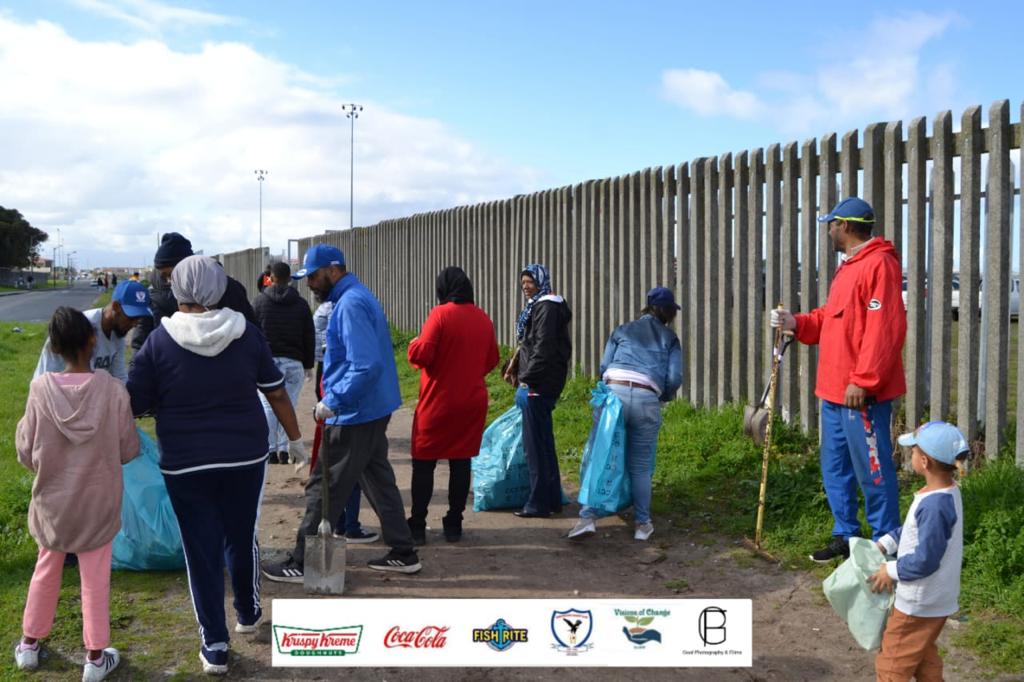
Cape Town Director, Kim Williams, echoed the sentiment, and reiterated that it is important to prioritize environmental justice as much as social justice.
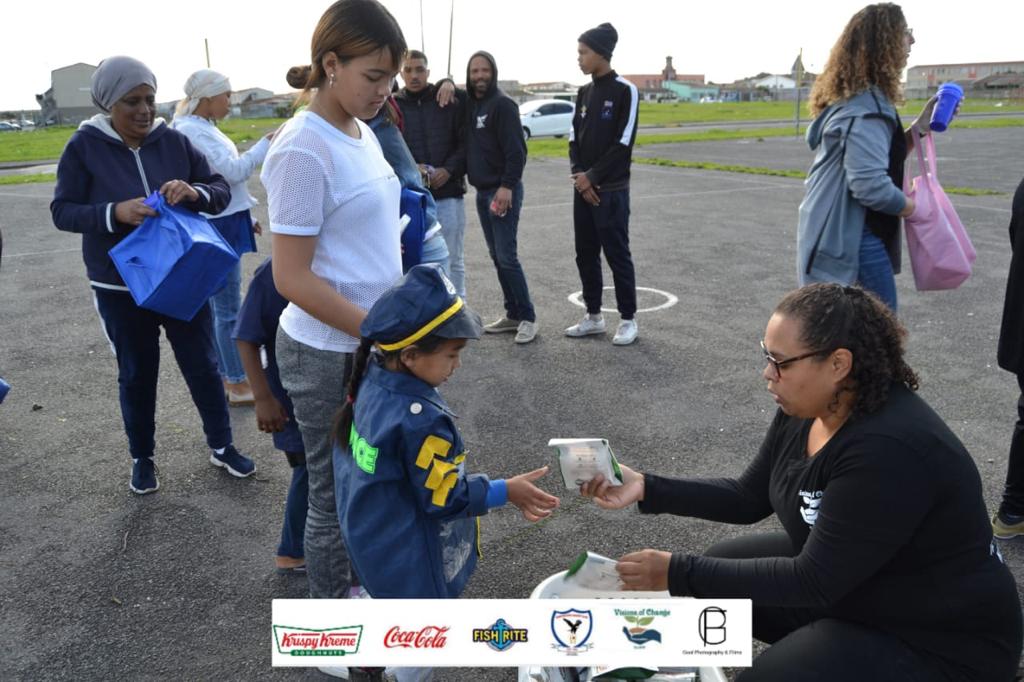
“When we celebrate Mandela Day, we also acknowledge the fight against injustices. And at the moment, we are staring at environmental injustices. Whether it’s the large oil companies doing exploration work, or even us at home where we don’t recycle or reuse what we have- it’s all the same. Cumulatively, we are all adding to environmental degradation,” said Williams.
“Perhaps we don’t also see it immediately, but our future generations will definitely be impacted by our decisions that we make now. We highlighted that when we fight for injustices, we are not just fighting for the social ills, we are fighting for the environmental ills too,” said Williams.
“We were in Hanover Park. It is described as a community that is filled with social ills. There is gangsterism, poverty, unemployment, substance abuse. We explain to them [that] when we have [these] social ills, there’s also environmental injustice, because those are the areas where you’ll find the litter, you’ll find the illegal dumping,” continued the activist.
The following advice was given to reduce your contribution to plastic pollution without breaking the bank:
- Instead of the see-through barrier bags, go to the rolls counter and use the brown bags instead for your lose fruit and veg
- Remember your reusable shopping bags
- Don’t use plastic straws
- Separate your waste at home into plastics, paper, tins so the informal waste collectors can just take and go without scratching through your bin. They take it to a recycling facility for some small change
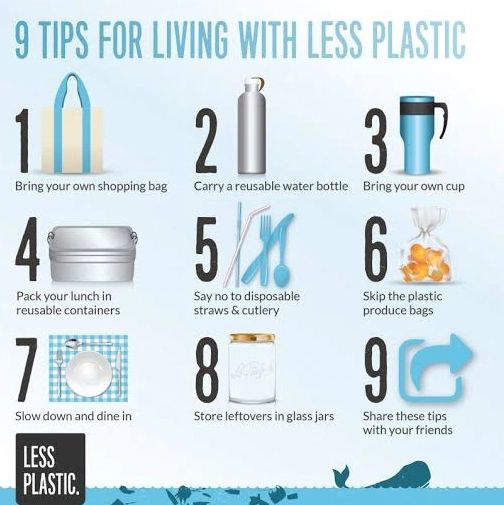
Williams stated that it is less about judging the area’s challenges and more about uplifting the community.
“Outsiders will say, why can’t people just keep it clean… But these are also forgotten communities where municipalities don’t service areas the way that they should be servicing those areas, because they’re also in a different category. They are in the category of when we have time, we can go there and we can go and clean up.”
“And that’s what we don’t want. And we know as an organization, we can’t change that. But what we can do is we can. Into the community we can clean up, we can tell them and we can show them that to have a cleaning environment is very important. It’s also very uplifting for them also because there is an aspect of dignity, but also integrity,” she continued.
Williams said the organization recognizes the challenges with going green and educates communities on how to do this most effectively.
“It is difficult because there is a price tag attached to that. For example, it’s a little bit more expensive to buy earbuds than paper sticks, or the bamboo sticks- as opposed to the ordinary plastic ones that we’ve been buying,” said Williams.
“We also know, [that] to purchase vegetables at a market maybe is a little bit more expensive than if you just go to your house shop, maybe down the road for a few potatoes in a plastic packet. But what do you do with a plastic packet afterwards? We say we reuse it, but inevitably it goes to the landfill. We have the issue of the single use plastics and we try and educate people about how to identify single use plastics and what the alternative is to those single use plastics,” she continued.
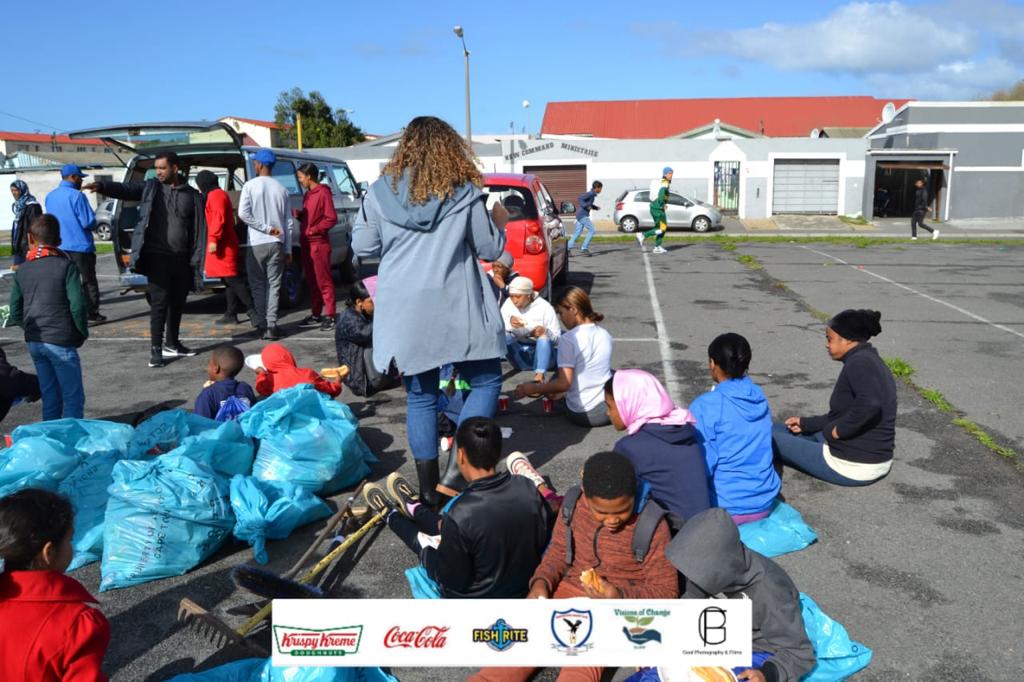
Adonis urged fellow youth to make a positive change for future generations.
“Just changing the mindset of people [or] educating one child, it’s so much for us because we know that environmental protection is something that is not always the easiest. Especially when we look at the sustainable options. It’s not the most economically affordable. We are not having these kinds of conversations enough when it comes to the environment.”
The organisations also expressed gratitude to contributors Shoprite and Coca-cola Beverages who rewarded participants for their hard work with hotdogs and drinks.
VOC






 WhatsApp us
WhatsApp us 

